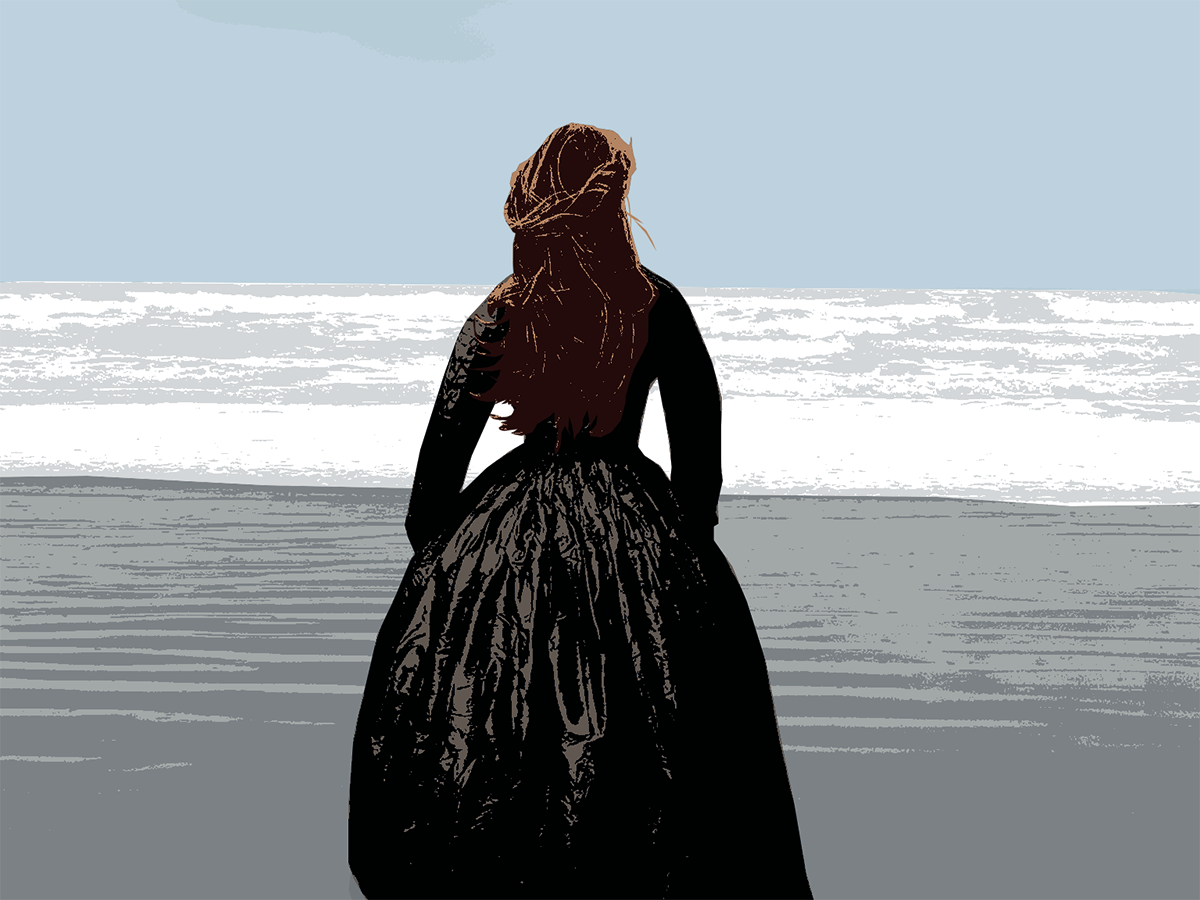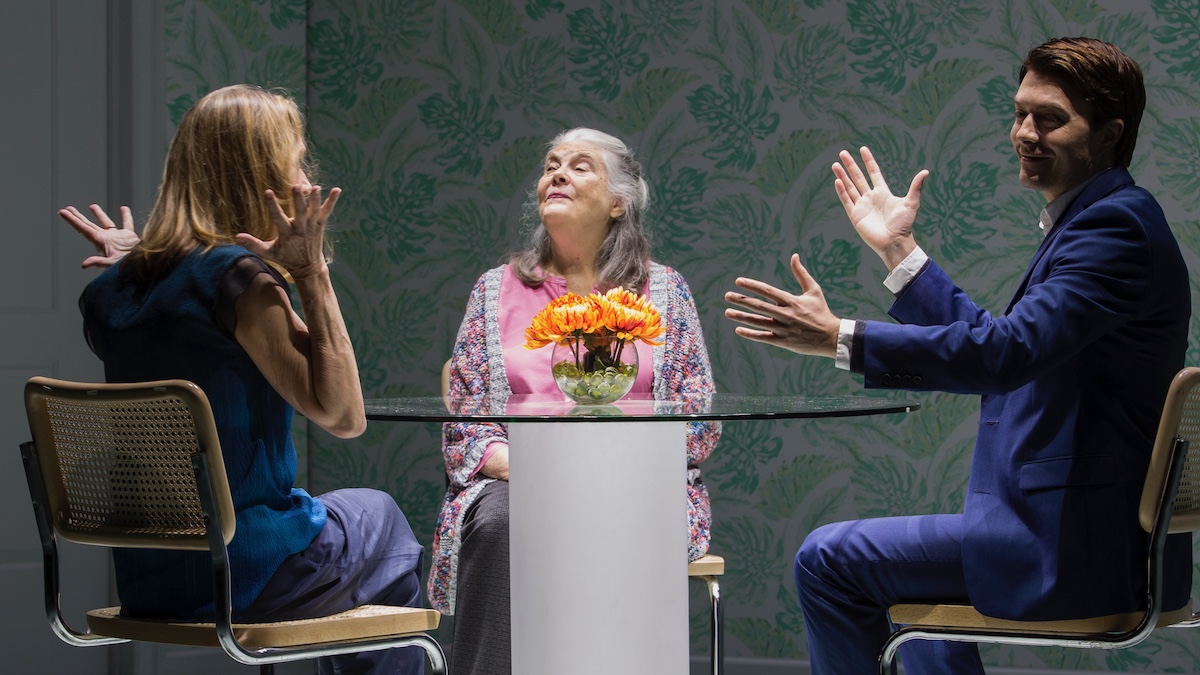
Jaki McCarrick’s play Leopoldville won the 2010 Papatango Prize for New Writing, and her most recent play, Belfast Girls, was shortlisted for the 2012 Susan Smith Blackburn Prize and the 2014 BBC Tony Doyle Award. Here, Jaki shares the inspiration behind Belfast Girls, offers an insight into her writing routine and gives some advice for aspiring playwrights.
…
Belfast Girls has been touring internationally. What inspired you to write the play?
I wrote Belfast Girls for a number of reasons. Firstly, around 2011 I was specifically looking for an all-female story. I’d just won the Papatango Prize for the all-male Leopoldville, I began to think about writing a “sister” piece, similar in energy, but for women rather than men.
Secondly, having moved to Ireland from London, I saw the terrible effects of the country’s now well-documented bail-out programme (as a result of paying international bondholders after the 2008 financial crash). It helped to bankrupt the country and plunged a lot of people into dire straits; from 2010 until recently, hundreds of thousands of Irish people had to leave the country for work, some were evicted from their homes and many young people headed for Canada and Australia. I wanted to comment on this situation in some way. So when I eventually came across the story of the Orphan Girls, I knew I then had my all-female story and a way to comment on government policies. I saw parallels between the paying of the bondholders and the shipping out of grain – and people – during the Famine.
I came across the history of the Orphan Girls by chance on the internet, and then researched everything I could about this point in Irish history, when over 4,000 young Irish women were sent to Australia. I was furious to learn that some of these women were actively “encouraged” to leave as they were seen as “fallen”, and that the state and church cared more about women’s morality than how to go about feeding them. Some statistics were jaw-dropping, such as the fact that during the Irish Famine of 1847 – 1851 the so-called “bastardy rates” in some parts of Ireland went up as much as 180%, as women were deserted by would-be husbands or would use sex as payment for rent. I realised that the experience of crisis is very different for women: they return to the bottom of the pile. So I set out to write a play that had an all-female cast, which was allegorical and had a lot to say about women in crisis situations.
As soon as I found my research material, the characters began to pop into my mind very quickly. Having done about six months of reading, I was then able to leave the research behind.
What’s your writing process like?
My writing process varies. When I’m working on a play I try to write at least three pages a day. Though with Belfast Girls, I wrote more than this: I can get quite intense about my work and in a hurry to finish a first draft. This is because I like the piece to have the same “tune” throughout. Although there will always be scenes and areas that may take months, even years, to get right.
I write longhand and type up the work later.
You also write poetry and prose. What’s specific to writing for the stage compared to other literary forms?
Harold Pinter called the different forms in which he worked “piles of writing” and I have the same attitude. The pieces – whether poems, stories or plays – are different in that the forms are different but I don’t think there are any specific qualities to bring to the writing of a play as opposed to a poem. I like to keep very open-minded about what, even, is a play – or a poem. For instance, Sarah Kane’s play 4:48 Psychosis reads like a long poem, hile Patrick Kavanagh’s long poem, The Great Hunger, reads like a play, and indeed has been dramatised. I prefer to think in terms of “what suits this idea” and allow for any overlaps into other forms.
Do you have any favourite plays or playwrights?
I love Edward Bond, his passion for issues, his rage, his understanding that drama needs to be striking and bold. He’s probably one of the most admired playwrights in the world, yet where is his work in UK theatres?
My next big passion is for Sam Shepard’s work. Though many of Shepard’s plays were not critically successful this didn’t deter him; he wrote his stories, with his singular dramatic voice, right up to his death. Many of these so-called “flops” I adored. Such as Kicking A Dead Horse and Kathy Burke’s production of Shepard’s The God of Hell at the Donmar. There’s a Punk quality to Shepard’s writing that I really like. He himself was a big fan of Beckett andof course, I’m a huge Beckett fan too.
More recently, I’ve been reading Annie Baker and I like her work a lot. I also love Tennessee Williams, Chekhov, Sarah Kane, Eugene O’Neil, Harold Pinter and the recently deceased Irish playwright, Tom Murphy.
My favourite play? Long Day’s Journey Into Night, perhaps? I adore the wrenching emotion in O’Neil’s work.
Can you tell us a bit about what you’re working on next?
I’m currently working on a commissioned play about Eleanor Marx and her platonic relationship with the trade unionist, Will Thorne. Apart from Marx’s lack of recognition in the founding of the Labour movement and in organising strikes, I’m exploring how – and why – this high-functioning, high-achieving woman had such a disastrous personal life.
I also have a new world premiere in New York this September: The Naturalists, written in 2009 and finished in 2014. The play has the same preoccupations of my first play, The Mushroom Pickers. It’s set on the Irish border (where I live) and revolves around a character with a Republican past. It also examines a changing Ireland; how it has become more open-minded on moral issues and is more flexible on who we can love.
Finally, you have a strong social media presence and are a great promoter of your work. Do you have any advice for new writers looking to promote their work?
The way I look at social media is: it’s free! So if I can help plug a show, I will. My advice to other writers promoting their work on social media is to keep some time aside for actual creative writing! I remember getting a shock in a university library once when seeing an entire row devoted to the works of Thomas Hardy. If we twenty-first century writers want to be as productive as Hardy, we have to ration the time we spend on social media.
Learn more about performing Belfast Girls. Buy the script.

Inspired by True Events: A Conversation with Playwright Ryan Spahn

Plays About Technology

